EVERY January more than 10,000 economists meet for the annual conference of the American Economic Association (AEA). This year, the shindig was in balmy Chicago, a stone’s throw from its second-tallest building, the name TRUMP stamped in extra-large letters across its base. Most papers had been written months in advance; few sessions tackled the electoral earthquake in November. Yet there was no mistaking the renewed sense, following its failure to foresee the 2007-08 financial crisis, of an academic field in a crisis of its own. The election was seen as a defeat for liberalisation and globalisation, and hence for an economics profession that had championed them. If economists wish to remain relevant and useful, the modest hand-wringing at this year’s meetings will need to yield to much deeper self-reflection.
Their theories had always shown that globalisation would produce losers as well as winners. But too many economists worried that emphasising these costs might undermine support for liberal policies. A “circle the wagons” approach to criticism of globalisation weakened the case for mitigating policies that might have protected it from a Trumpian backlash. Perhaps the greatest omissions were the questions not asked at all. Most dismal scientists exclude politics from their models altogether. As Joseph Stiglitz, a Nobel laureate, put it on one star-studded AEA panel, economists need to pay attention not just to what is theoretically feasible but also to “what is likely to happen given how the political system works”......
It’s the politics, stupid
Many economists shy away from such questions, happy to treat politics, like physics, as something that is economically important but fundamentally the business of other fields. But when ignoring those fields makes economic-policy recommendations irrelevant, broadening the scope of inquiry within the profession becomes essential. Some justifiably worry that taking more account of politics could destroy what credibility economists have left as impartial, apolitical experts. Yet politics-free models are no insulation from political pressures—just ask a climate scientist—and nothing would boost economists’ reputations more than results which match, and even predict, critical outcomes.
Political and social institutions are much harder to model and quantify than commodity or labour markets. But a qualitative approach might actually be far more scientific than equations offering little guide to how the future will unfold. Donald Trump campaigned (and may well govern) by castigating the uselessness of experts. To prepare for a time when expertise comes back into fashion, economists should renew their commitment to generating knowledge that matters.
I often show this video at the start of my classes. BTW, Political Economy is at the root of the classical economics- Smith (wrote The Theory of Moral Sentiments) and Ricardo and Malthus (whose adopted policies against the poor are a black mark on our science).
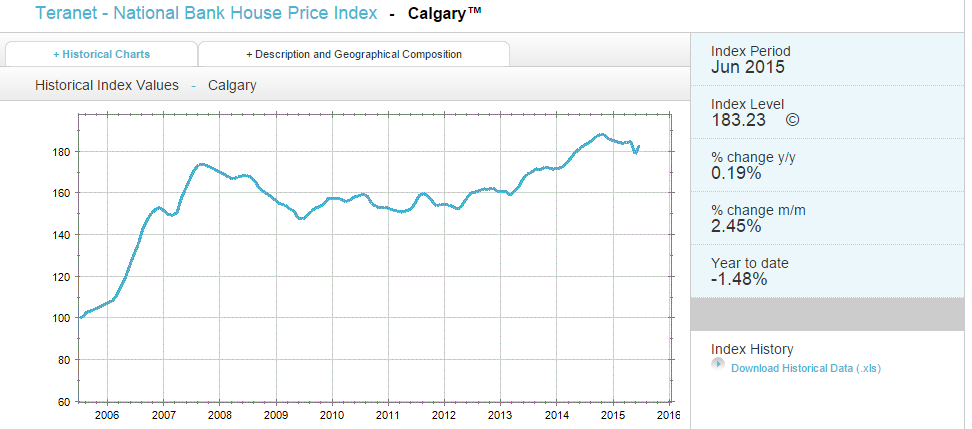
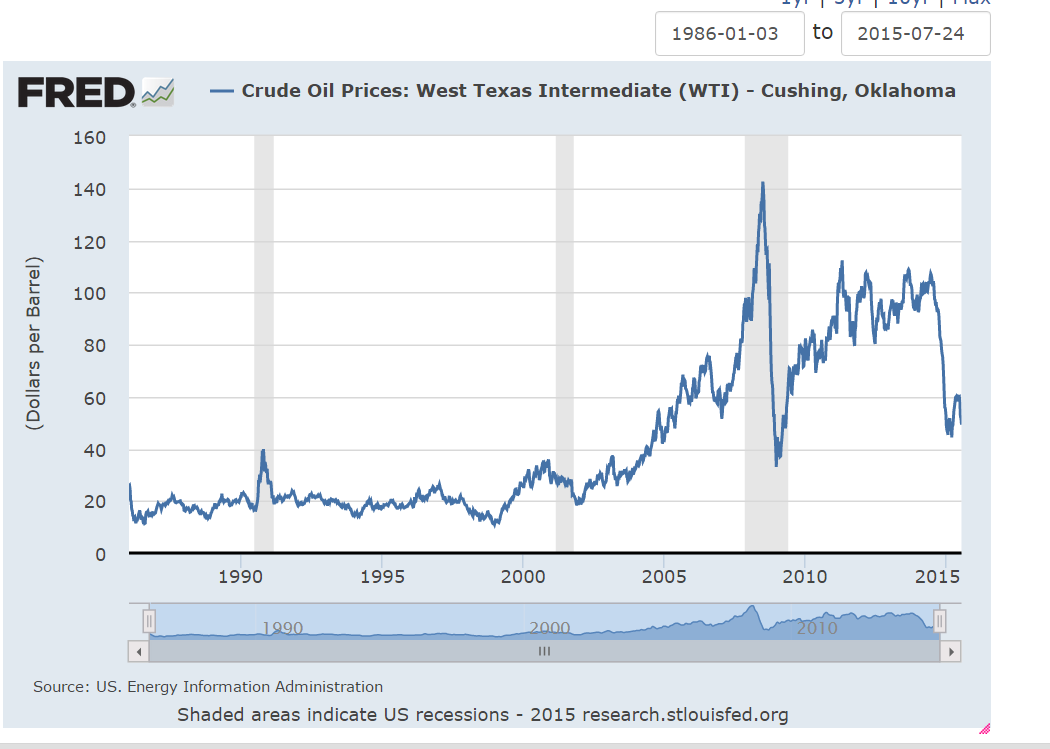
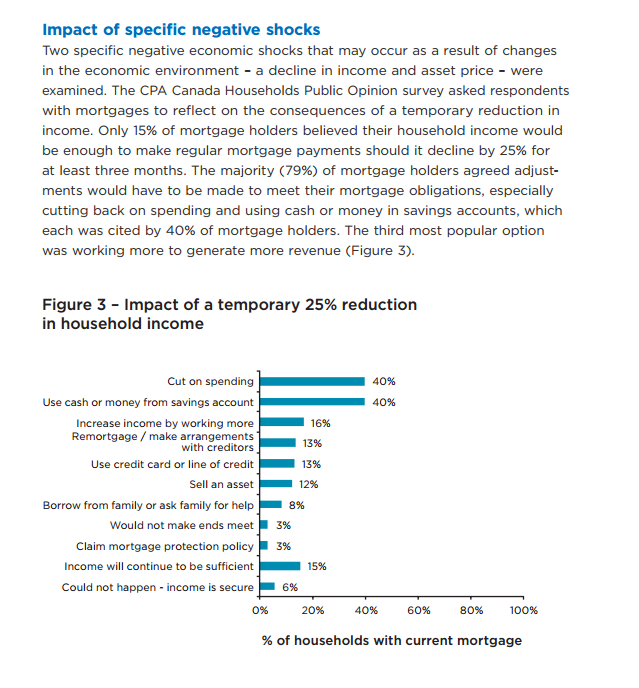
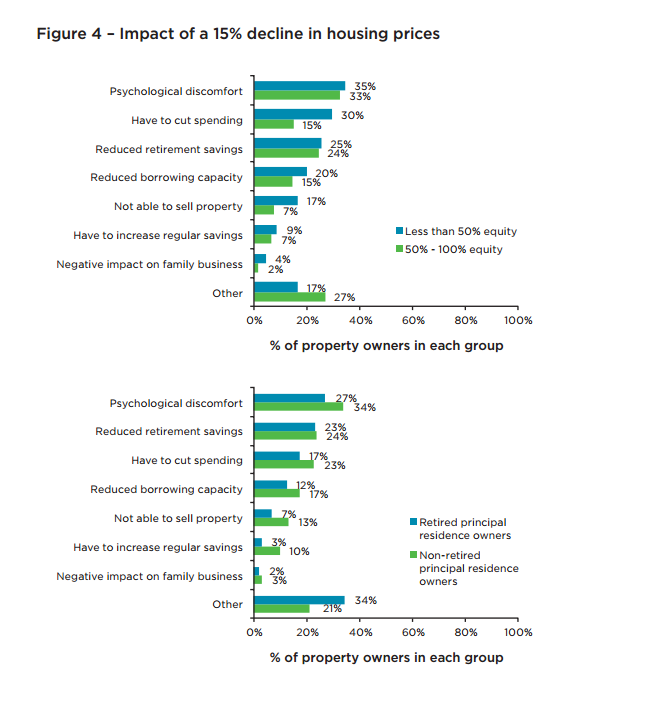
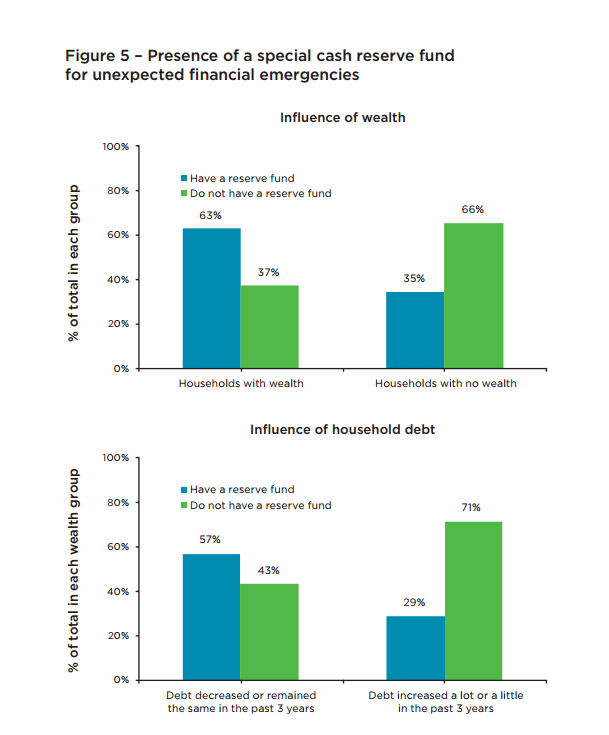
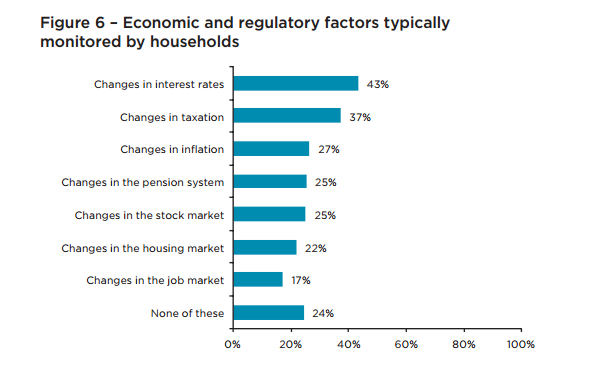
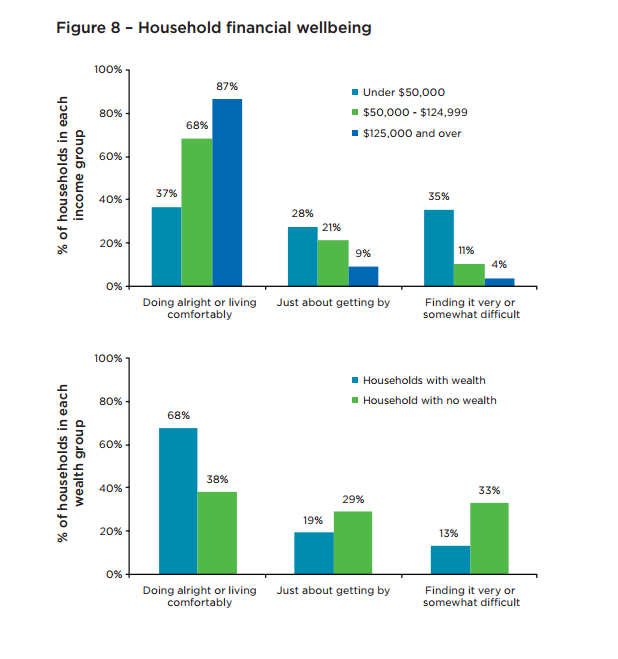
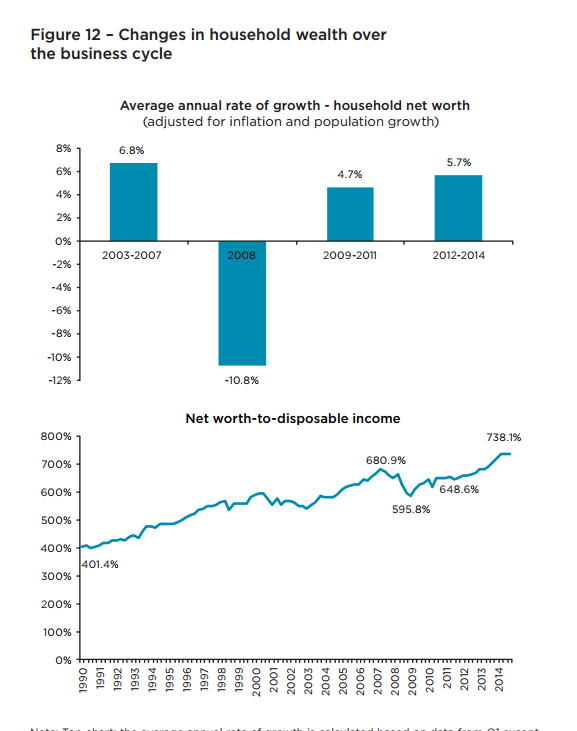
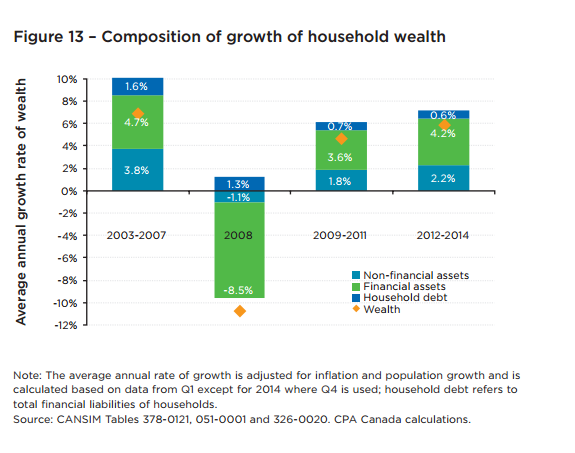
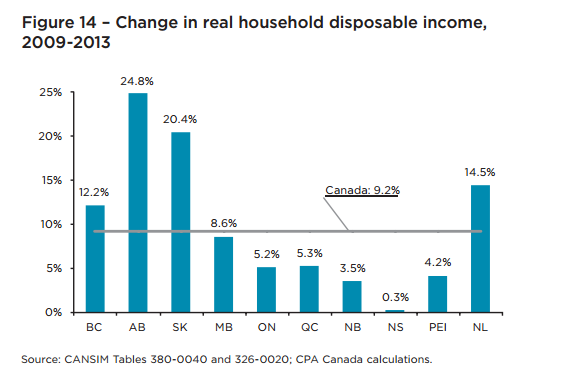
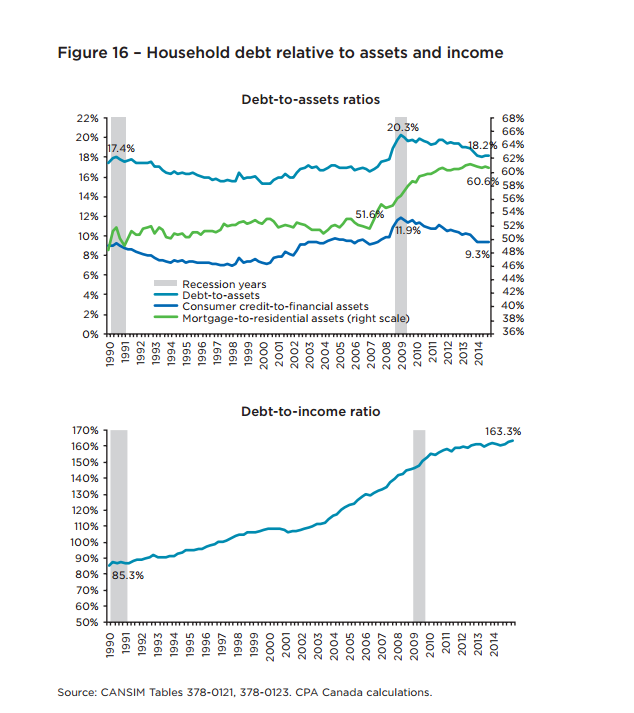
 RSS Feed
RSS Feed
